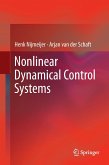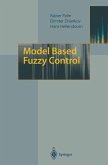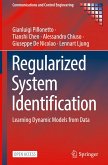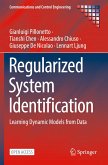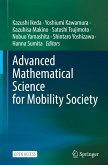This open access book presents a pioneering methodology for dynamic system control, offering a mathematically rigorous and practically effective alternative to conventional state-space models, given that the study of nonlinear control of complex multi-input multi-output (MIMO) systems has faced significant challenges.
Authored by the proposer of the Fully Actuated System (FAS) approach, this book volumes systematically establish a new paradigm for the analysis and design of dynamical control systems. Unlike traditional state-space methods where control vectors cannot be explicitly solved the FAS approach provides a model in which control vectors can be fully or partially determined, significantly enhancing control precision and system performance. Since its introduction, the FAS methodology has attracted substantial attention within the global control community and has demonstrated superior capabilities in managing nonlinear control problems.
Key Contributions:
A novel theoretical framework that advances nonlinear feedback control, addressing long-standing unresolved issues.A structured, multi-volume exposition, covering Global FAS, Sub-FAS, and Unidirectionally Connected FAS, each building on the preceding concepts.Comprehensive theoretical foundations with rigorous derivations, controller design methodologies, and practical implementation strategies.Broad applicability, providing researchers with a robust analy
Authored by the proposer of the Fully Actuated System (FAS) approach, this book volumes systematically establish a new paradigm for the analysis and design of dynamical control systems. Unlike traditional state-space methods where control vectors cannot be explicitly solved the FAS approach provides a model in which control vectors can be fully or partially determined, significantly enhancing control precision and system performance. Since its introduction, the FAS methodology has attracted substantial attention within the global control community and has demonstrated superior capabilities in managing nonlinear control problems.
Key Contributions:
A novel theoretical framework that advances nonlinear feedback control, addressing long-standing unresolved issues.A structured, multi-volume exposition, covering Global FAS, Sub-FAS, and Unidirectionally Connected FAS, each building on the preceding concepts.Comprehensive theoretical foundations with rigorous derivations, controller design methodologies, and practical implementation strategies.Broad applicability, providing researchers with a robust analy


